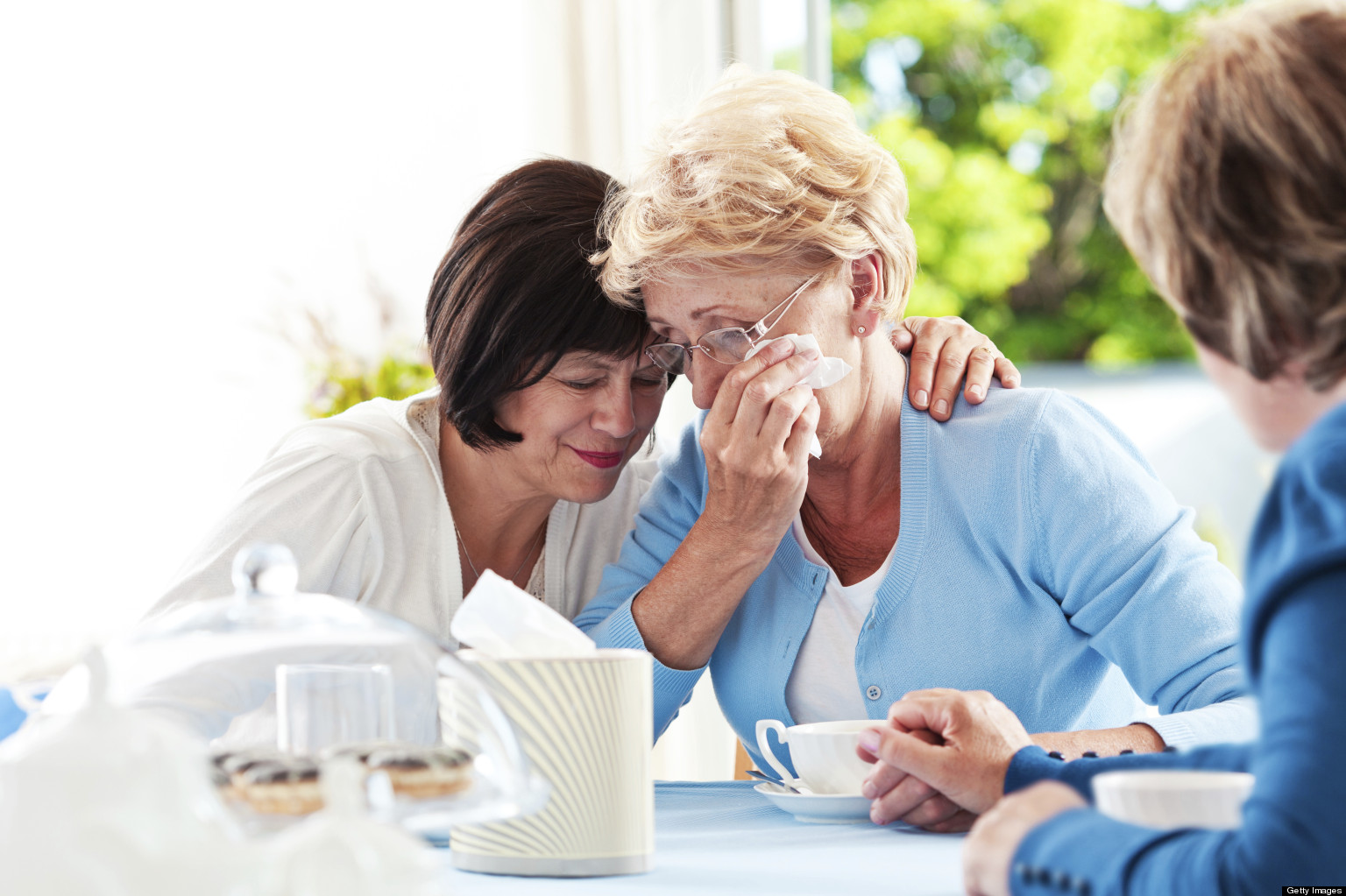

Home. It’s where you feel safe, a secure space. It’s your sanctuary, your haven.
When you feel sad or alone, it’s where you want to be cared for, by people who will offer you the support you need and who care about you as a person.
You can be confident that your coach (the name we give to the person who comes to your home) has the skills and training to provide you with the best support possible, and you can be comforted by the fact that they also have the compassion to make sure you feel cared for, they've been in your shoes. We know Southern Colorado Teller, Park and El Paso Counties, because it’s our home, too. Our Coaches live in the neighborhoods where we work. We know the services available to you that might be helpful.
PEARLS (Program to Encourage Active, Rewarding Lives) program of Colorado is a treatment program designed to reduce symptoms of depression, anxiety, sadness, loneliness and improve quality of life among our 60+ folks and among many groups of adults. For a list of some of the folks we have helped see page "People in the following communities". More than 50 sites in 18 states use PEARLS, with more organizations enrolling each year. The program consists of six to eight in-home or a community-based setting visits by the coach that focus on the following goals:
Solving problems.
Becoming socially and physically active.
Scheduling enjoyable activities.